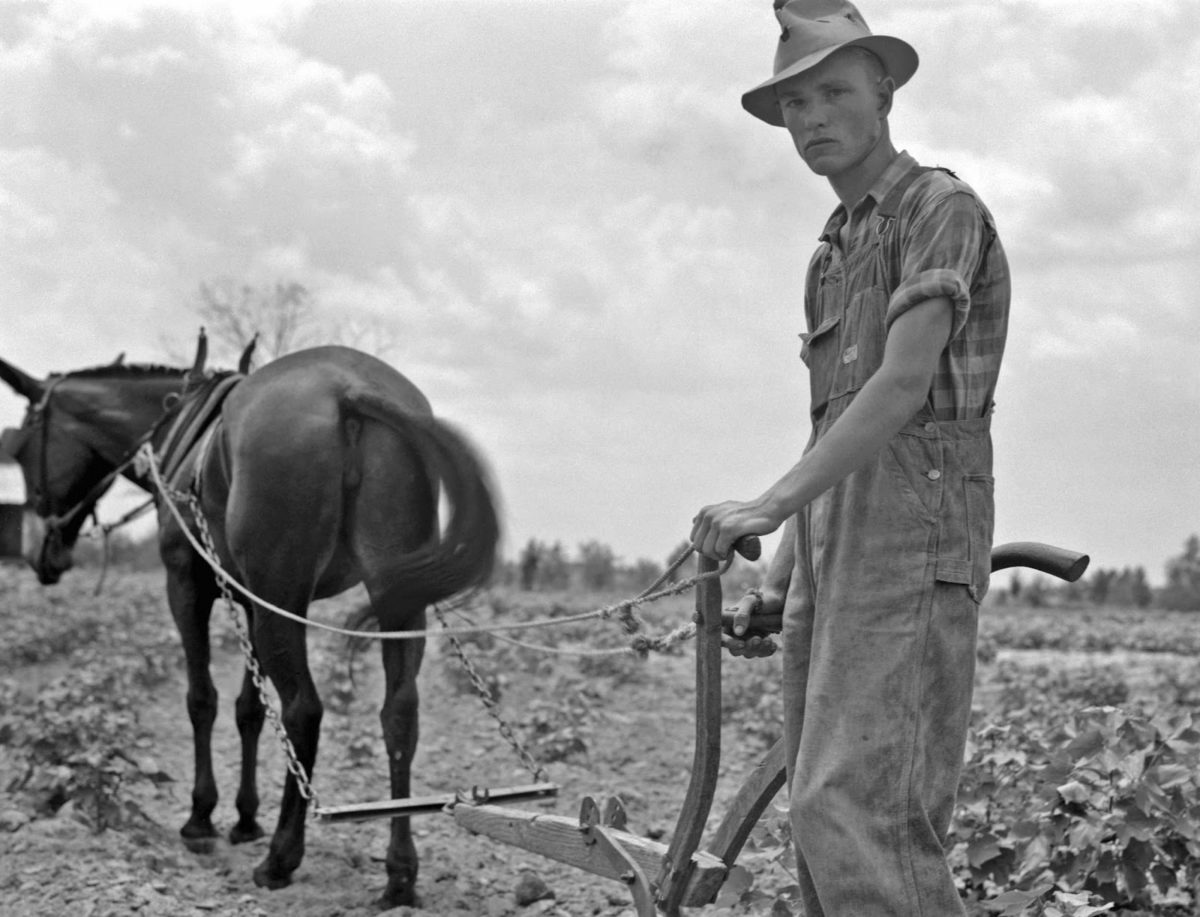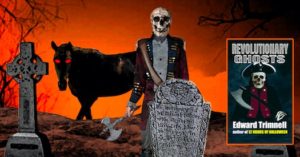My fifteen-minute break period arrived some time later, as the twilight was fading into night.
I didn’t want to hang out in the dining area, and the hourly employees were actively discouraged from loitering in the front parking lot during our breaks. Ray Smith didn’t want his customers to be intimidated by the sight of his employees skulking around outside the front door.
There was an area behind the McDonald’s, directly off the kitchen, in the small rear parking lot of the building. Employees could go there to escape the constant gaze of diners during their break periods. It was kind of lonely back there. The rear parking lot wasn’t visible from the road, and vice versa.
But I had fifteen minutes to myself, and I wanted to do some thinking. I wanted to think more about Diane Parker, and what possibilities might exist there.
I didn’t want to think about everything else that had happened today. I imagined myself clipping out the vast portion of the afternoon: from my visit to the Pantry Shelf around noon, to that visit at the counter from the British-speaking, red-haired Banny.
Banny, who had seemed to disappear into thin air….
My introduction to Diane Parker had been okay, though. I would keep that.
I passed through the kitchen. Keith Conway and his friends were absorbed in their cooking tasks, for once. They either didn’t notice me, or decided to save their annoying banter for another time.
The door to the rear parking lot was in the far corner of the kitchen, not far from the freezer. I opened the metal door and slipped outside.
The first thing that struck me was the impending darkness. The rear parking lot ended a stone’s throw from the back door. Beyond the parking lot, there was a little rambling field of overgrown grass and weeds. And beyond that, the woods. This late in the day, this close to full darkness, the tree line was black and monolithic, a jagged profile against the purple sky.
The humidity lingered, but it was now at a tolerable level. The restaurant’s dumpsters were located back here, too; and they emitted a rancid effluvium. There was nothing even vaguely supernatural or unexplainable about that.
That wasn’t the only odor back here, though. I detected the distinct odor of cigarette smoke.
From the lower right corner of my field of vision, I caught the glow of a cigarette’s burning ember in the darkness.
“Louis!” I said, startled.
Louis was sitting on an overturned wooden crate between the rear brick wall of the restaurant and the dumpster.
He was smoking, of course.
“Didn’t see me, did you?” Louis smiled.
“You’re like a cat.”
He smiled again and took a drag on his cigarette. “Well, don’t be thinking that you’re going to put a bell on me. Because that isn’t happening.”
“You just startled me, was all.”
Louis nodded thoughtfully. “You seem to be hitting it off with Diane.”
“I think so,” I said. “Time will tell.”
“Well, don’t let too much time tell. Remember your competition.”
My earlier interactions with Keith Conway had been grating, as always. My time with Diane, and what seemed to be a genuine rapport between us, had buoyed my outlook concerning my prospects. I was waxing both hopeful and self-assured—maybe a little too hopeful and self-assured, even.
“Diane is too smart for an idiot like Keith Conway,” I said. “But don’t worry, I won’t take too much time.”
Louis took another drag on the cigarette and raised one eyebrow at me. “Feeling confident, are we?”
“Like you said, we hit it off.”
“Just don’t get overconfident,” Louis advised.
Then my boss abruptly changed the subject. He looked back at the tree line. Despite the mugginess of the June night, he visibly shivered.
“I’ve never been afraid of the woods,” he said. “Not in my whole life. But I don’t feel comfortable back here now. This is like, a very recent thing. I get the feeling that something’s watching, that something’s out there.”
He paused, and looked up at me. “And I can’t explain it. Does that make any sense to you?”
In that moment, I almost told him everything. Today I had seen two sets of very unusual hoofprints (coated with nasty black gunk!) where no hoofprints should be. I had learned that two young people, only two years older than me, had gone missing while on a routine Saturday-night date. I had seen something unusual in the hallway of my home.
And then there was Banny—the disappearing Brit with the strange, nasty vocabulary.
All of this, moreover, might have some connection to that article in Spooky American Tales, written by one Harry Bailey.
I was seventeen, though, and I was seized by the conviction—more a general sense of things than an explicit idea—that my willpower could make the world go the way I wanted it to.
And I wanted no part of the things I’d seen today.
“It might just be your imagination, Louis.”
“I’m suggestible, is that what you’re saying?”
I shrugged. “You said it, I didn’t.”
Louis stood up and dropped his cigarette butt on the ground. He stamped out the butt, and then picked it up, before tossing it over the side of the dumpster. His break had come to an end.
“I’m going back inside,” he said. “I’ll see you.”
“Yep. And Louis—thanks. Thanks again.”
He appeared honestly puzzled. “For what?”
“Well, it hasn’t escaped my notice that you’ve kind of put your finger on the scale for me, where Diane is concerned.”
“Oh, that. No problem. All I did was put you in front of an opportunity. Making something of it is another matter. That’s up to you. Remember: You need to strike while the iron is hot.”
“Sure, Louis. Got it.”
With that he opened the back door of the restaurant and disappeared inside. The door fell back with a sigh of the overhead pneumatic cylinder, and a sharp click.
I was now alone behind the restaurant.
I stared into that impenetrable tree line. I tried to think pleasant thoughts, about the summer that might be ahead of me.
The summer that would include some predictable unpleasantries, of course. There would be drama at home with Jack, no doubt, but that was nothing new. It was a bad thing, but I had learned how to live with it.
I would spend a lot of hours working at McDonald’s. I had already learned, though, that work is life and life is work, and so I accepted that with equanimity. My McDonald’s paycheck had paid for my Bonneville, such as it was; and I was socking away money for college next year. My parents had already told me that they would help me out with tuition, but I would have to cover my textbooks and car expenses.
It was also because of my job at McDonald’s that I had met Diane Parker. I knew the dangers of counting one’s chickens before they’re hatched—especially in matters of the heart.
But I had my hopes up. Louis and I had both seen that Diane and I had hit it off.
These were the thoughts I was trying to focus on, as I stood there alone behind the McDonald’s, facing the dark woods.
But these thoughts wouldn’t stay in my head. I wasn’t comfortable, standing there. I had the feeling of being watched. From somewhere back in those woods.
My break wasn’t quite over yet, but I decided that I had made myself as refreshed as I was going to be, under the circumstances. I turned around and opened the door to the kitchen.
As I opened the door, I could have sworn that I heard something moving around in the woods.
I didn’t turn around to look.
Chapter 32
Table of contents



